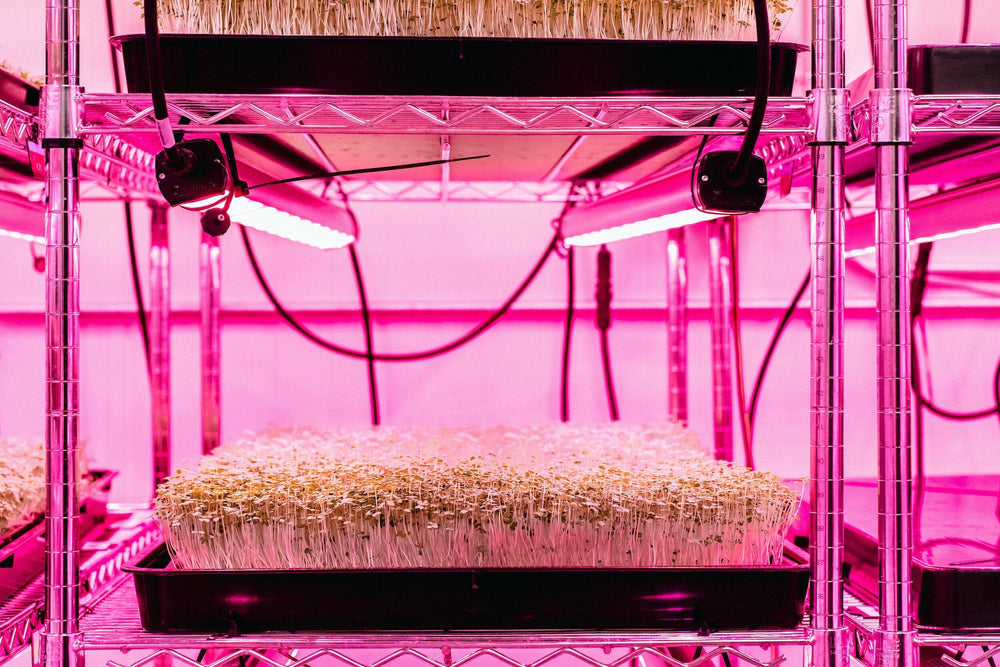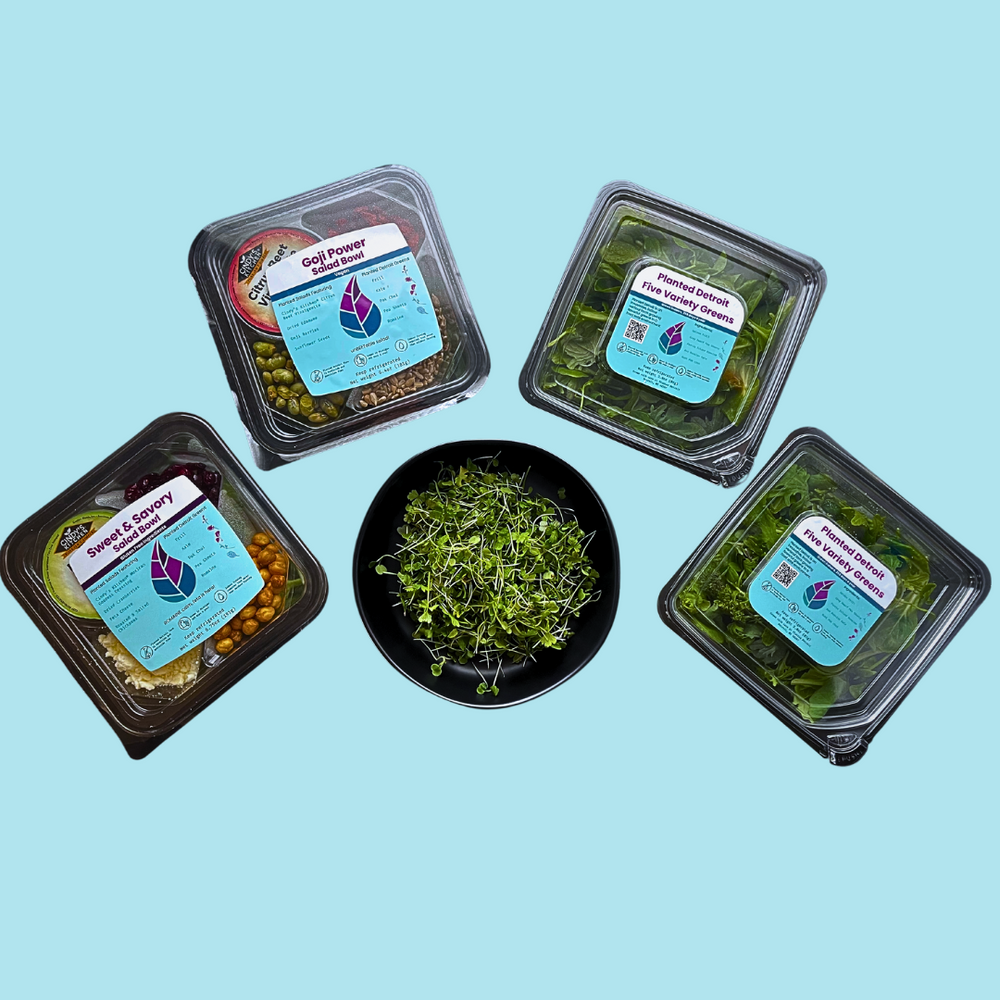

The Heart of America: The screeching call of a rooster in the morning. The smell of fresh coffee, bacon, and eggs. A rocking chair on a long wooden porch. The rolling hills of corn and soybeans as far as the eye can see. This is what comes to mind when thinking about the generations of dirt-under-the-nail farmers. This is the backbone of much of America’s history and economy. But this is no longer a reality. Family farms that have been passed down from generation to generation have been facing tough times. Commodity prices have remained low for years, pressured by imports and large agricultural corporations. Costs of labor have rapidly increased. In fact, finding labor at times... impossible. Bills pile up for insurance, mortgages, capital expenditures for equipment and maintenance, gasoline and diesel costs - All of these things threaten the American farmer, pushing them to utilize extreme measures to boost yields such as Round-Up ready GMO crops, pump fertilizer into the soil, spray pesticides, herbicides, and fungicides to protect from devastating crop loss, and finally, but most importantly, pray in desperation to a heavenly body for rain and good weather.
The Economics of Food: Farmers throughout the United States are struggling to generate a profit. Distributors collect a small profit in return for sourcing product for retailers. Increase volumes is the name of their game. If retailers are able to manage their inventories, avoid shrink, and balance their offering towards premium shoppers, then they may manage to make a small profit. If they also have a pharmacy, they have a better chance of remaining afloat. The more premium the grocery store experience and offerings, then slightly better margins, but can only service a portion of the more affluent consumer markets. Most importantly, the consumer spends their hard-earned cash on products that are arguably decreasing in quality over time. In fact, the consumer often wants to spend their hard-earned cash on healthy options. However, they may risk getting sick due to shortcuts or carelessness along the supply chain. In economics, there are winners and losers. In our food system, the farmers, the distributors, the retailers, and the consumers are arguably all losers. Additionally, our soil, our water, our fish, and our air are all losers. So who are the winners? Chemical companies.
The Nail in the Coffin: In 2015, Tom Adamczyk, the CEO and founder of Planted Detroit, was having a normal morning, scouring through financial statements of publicly-traded companies at 3 am in order to discover the next investment strategy for his fund. Having worked on certain mergers and acquisitions within the food industry, as well as managing investments in farmland, food distributors, and grocery retailers, Tom thought about the problematic economics with the food system: multiple exchange of hands for products with small profits along the supply chain, the inefficiencies of transportation, the time it takes for consumers to receive fresh produce, and the profitability of the chemical companies. Tom began researching alternative investments, in particular, hydroponics and the practices of vertical farming. Slowly, the pieces of the puzzle began to emerge and all indications pointed to a plausible investment opportunity. Jeff Bezos and Softbank began to place investments in the space. Good sign. Bayer bought Monsanto for over $60 billion. Makes sense. Instacart, Shipt, Doordash, Grubhub, UberEats and other direct to consumer delivery systems begin to emerge. Easier access to consumers! Whole Foods acquired by Amazon. Nail in the coffin. Farm to fork. Grow close to consumers. Allow them to buy directly from the farm. No pesticides, no herbicides, no fungicides. No run-off into our waterways. No deterioration of the nutrients in our soils. No drought, no frost. No animal feces. Higher nutritional values, longer shelf life. Detroit automation. Detroit revitalization. Planted Detroit was born.

